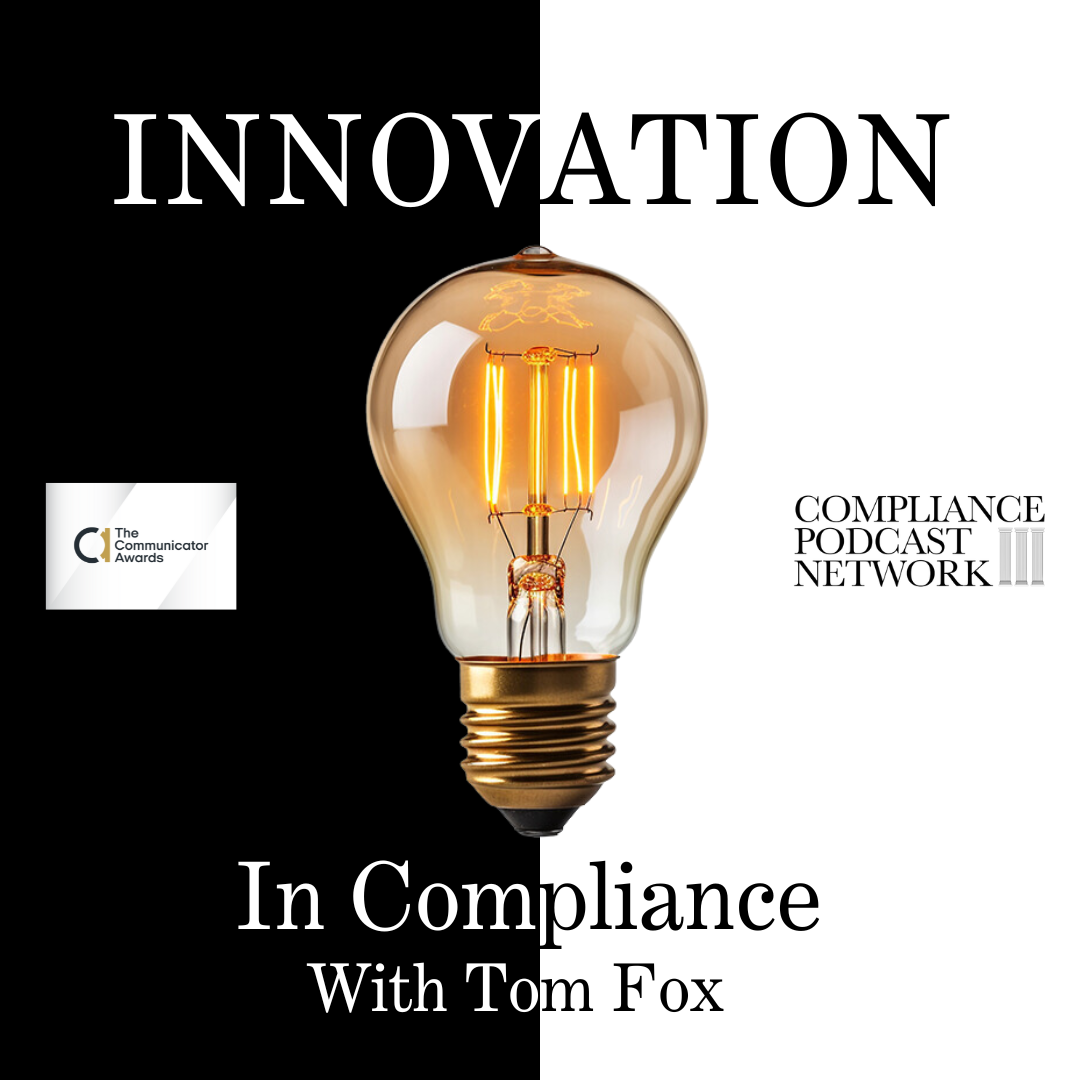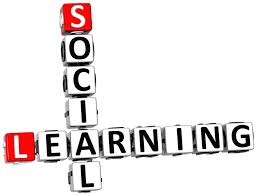There is not much I enjoy more than sitting down with one of the innovative thinkers in compliance, Carsten Tams, to find out what is on his mind regarding compliance. I recently had the opportunity to do so on making Ethics and Compliance (E&C) training memorable. We explored this topic over a five-part podcast series on the Innovation in Compliance podcast on the award-winning Compliance Podcast Network.
Over the next five blog posts, I will also explore these topics in the blog format. I will introduce the problem and challenges and then provide you with four proven strategies for success in your compliance training. I take a deep dive into why traditional E&C training often fails to engage employees and lacks impact on their behavior despite significant investments. In Part 4, we discuss the concept of social learning and how compliance professionals can use its tactics and strategies to make their compliance training more engaging and effective.
Social learning refers to learning from others, with each other, about each other, and to each other through both inbound and outbound collaboration. Tams noted that one prominent perspective is social constructivism, or the socio-cultural theory of development, formulated by Russian psychologist Lev Vygotsky in the late 19th century. He argued that people learn a lot through cultural interaction and osmosis. For instance, we know our native language by being around people, listening, and participating in conversation. This social process is also crucial for understanding social norms, ethical values, and interpersonal skills.
Tams then turned to Albert Bandura’s social learning theory, or vicarious learning, which emphasizes that much learning involves observing and emulating others. This introduced the concept of self-efficacy, which is our confidence in our ability to produce desired outcomes. Ethical behavior means having confidence in our ability to speak up about concerns. Bandura identifies two social sources that promote self-efficacy: vicarious mastery experiences or observing others succeed and social persuasion or encouragement from others.
This type of learning moves from formal training and communication to underpinning an organization’s culture. There are two key insights. First, much can be learned about ethics in social contexts. Creating social contexts where ethical behavior is practiced allows for profound learning. For example, team leaders could incorporate ethics discussions into regular meetings, similar to safety moments in safety management. This practice encourages continuous ethical reflection and dialogue.
Second, much of today’s ethics training is solitary, often involving interaction with a computer screen. However, some vital ethical skills can only be learned in social settings. These include social-emotional and interpersonal skills, such as handling difficult conversations, resolving conflicts, and speaking up about concerns. Learning these skills through interaction is more effective than solitary study.
Tams provided some practical applications to social learning. One useful approach is to facilitate group discussions around ethically challenging scenarios. For example, imagine a team learning that their leader plans to make a business decision that involves excessive wining and dining of a potential customer. The team discusses the ethical commitments at stake, brainstorms possible actions, and identifies resources within the organization. This process fosters a deeper understanding of ethics and builds social capital, such as trust and collective efficacy.
In these discussions, participants learn they are not alone in caring about ethics. They see that their colleagues are committed to ethical behavior and bring diverse perspectives to problem-solving. This experience builds confidence in their ability to act ethically and trust in their colleagues as allies and mentors.
Companies have successfully raised safety awareness by incorporating safety discussions and concepts into everyday work through safety moments and personal safety assessments. I believe we achieve the same level of detail and integration with ethics. Tams agreed, stating, “Just as safety moments remind employees to consider safety in all aspects of their work, regular ethics discussions can instill an ethical mindset. For example, team members could take turns discussing how different aspects of the code of conduct apply to their work. This reflection helps employees see the relevance of ethics to their daily tasks and decisions.”
Moreover, addressing seemingly minor ethical issues can have a significant impact. For instance, discussing the moral implications of small actions, like how to report minor infractions or handle sensitive information, can reinforce the importance of ethical behavior in all areas of work. These discussions help employees internalize ethical principles and recognize that ethics is integral to their work, not just an abstract concept managed by the ethics department.
Integrating social learning into ethics training can transform an organization’s culture. By fostering continuous dialogue about ethics, organizations can create an environment where ethical behavior is expected and supported. This approach builds a solid moral foundation, encouraging employees to act with integrity and confidence.
Social learning also helps build a sense of community and shared responsibility. When employees see their peers and leaders engaging in ethical discussions and actions, it reinforces the importance of ethics and creates a supportive network. This network can provide guidance, mentorship, and encouragement, strengthening the organization’s ethical culture.
Making ethics and compliance learning social is a powerful strategy for building an organization’s strong ethical culture. By engaging employees in interactive, collaborative learning experiences, organizations can foster a deeper understanding of moral principles and encourage moral behavior. Integrating social learning into ethics training enhances individual skills and builds social capital, creating a supportive and trusting environment where employees feel empowered to act ethically.
To implement social learning in your organization, consider the following steps:
- Incorporate Ethics Discussions into Regular Meetings: Make ethics a regular part of team meetings by discussing ethical scenarios, sharing personal experiences, and reflecting on the code of conduct.
- Facilitate Group Problem-Solving: Use group discussions to tackle ethical challenges, encouraging employees to share diverse perspectives and collaboratively develop solutions.
- Encourage Peer Support and Mentorship: Promote a mentorship and support culture where employees can seek advice and encouragement from their peers and leaders.
- Recognize and Celebrate Ethical Behavior: Highlight and reward examples of ethical behavior, reinforcing the importance of ethics and encouraging others to follow suit.
By taking these steps, compliance professionals can harness the power of social learning to enhance their training programs and build a robust ethical culture within their organizations.
Join us in our concluding blog post, where we consider why you should make your compliance training regime playful.





